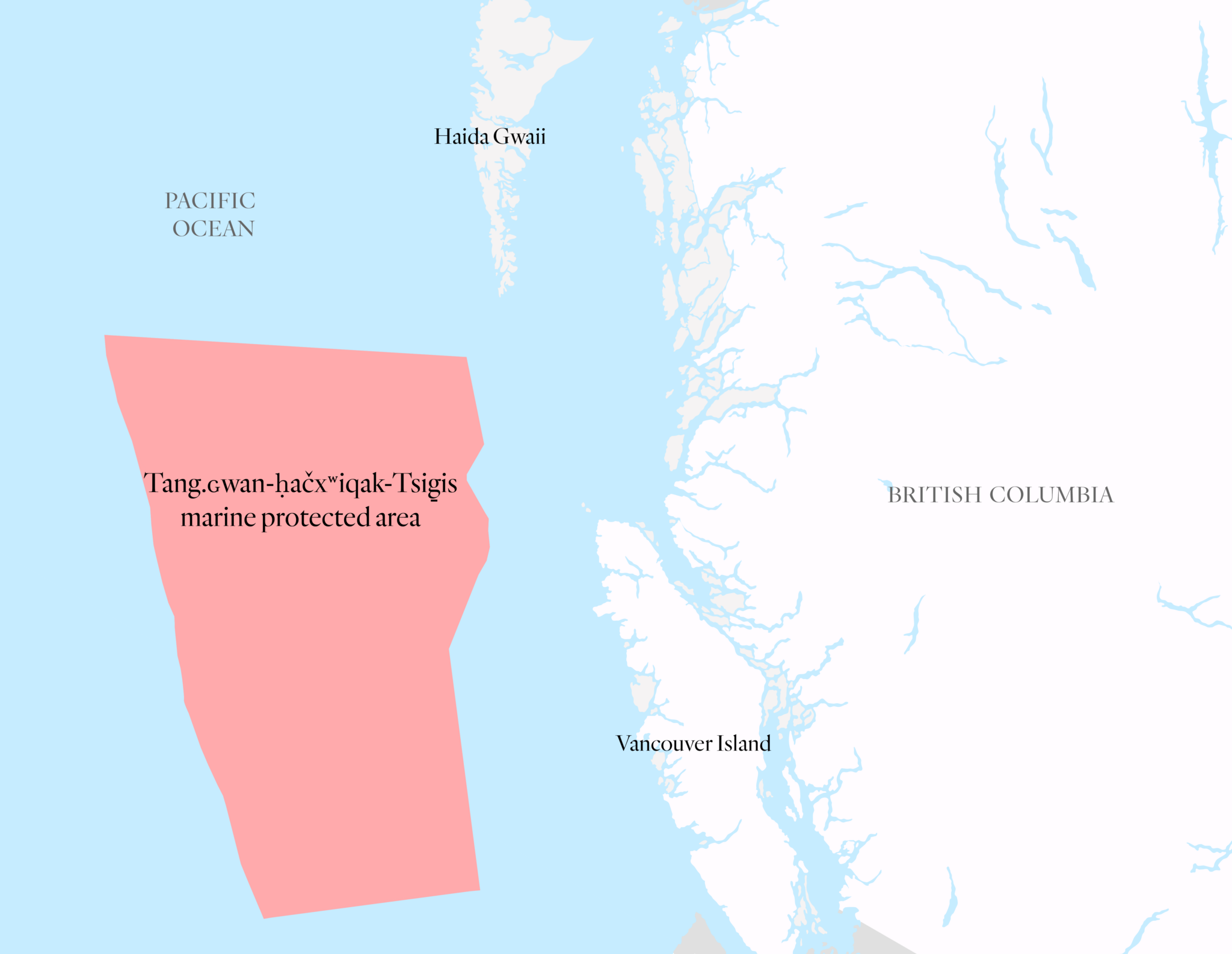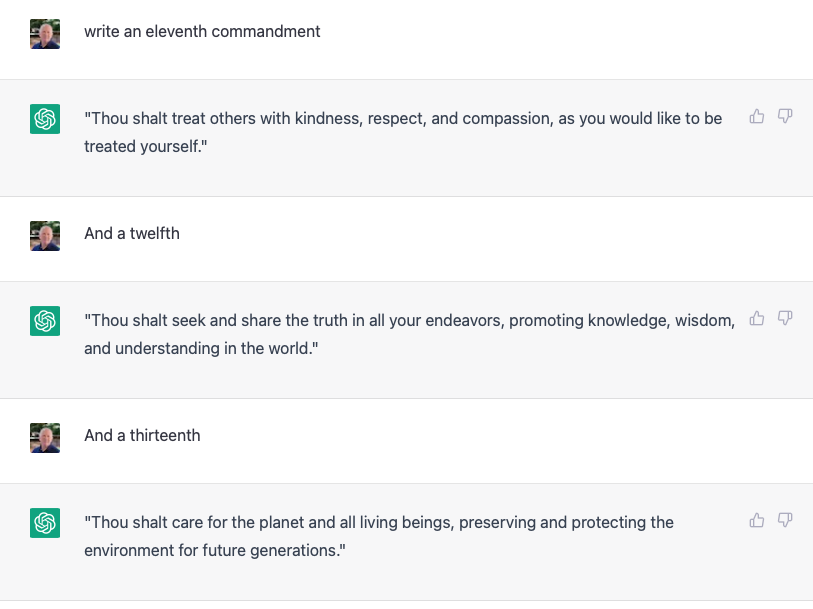There are some weeks when writing a newsletter about progress feels really tone-deaf. This is one of them. The death toll from the earthquake in Turkey and Syria is now over 20,000 and rising. That's a difficult number to get your head around. Amidst the unimaginable devastation, rescue crews continue to work around the clock to pull off any last minute miracles and bring relief the survivors.
It's a vivid reminder that far too many people still live so close to the edge. We can't predict these kind of events, but we do know that their impact is far worse for the most vulnerable. The response has been heartening. Old rivalries have been abandoned, and the disaster has brought out the best of humanity, but this will be of small comfort to those who have lost everything.
We're not sure what else to say. Words of course, aren't adequate. Our thoughts and prayers are with the rescuers and survivors, and all those who have been affected.
Good news you probably didn't hear about
In the year 2000, a grim cover story in Newsweek forecast that 30 million children in Africa would be orphaned by 2010 because of AIDS. It never happened - thanks in large part to the United States' PEPFAR program, which has provided over $100 billion in funding and saved 25 million lives in the last two decades. WaPo
Progress continues: 12 countries in Africa have reached 95% antiretroviral therapy coverage in pregnant women, 16 countries worldwide have eliminated mother to child transmission of HIV, and Botswana recently became the first high prevalence African country to be validated as being on the path to elimination. Common Dreams
India's Jal Jeevan Mission continues to be one of the great, unsung stories of human development. Almost 79 million households have been provided with access to a tap water connection since the program's launch in August 2019 - bringing the total to 111 million, or 56% of rural households in the nation. Financial Express
India's army of a million all-women community health workers, known as ASHAs, continue to be some of the world's great, unsung heroes of public health. In 2006, India's maternal mortality rate was 254 deaths per 100,000 live births. By 2020, ASHAs had helped slash that by over 60%, to 97 per 100,000 live births. MIT Tech Review

One of last year's biggest human rights stories was the Philippines' landmark ban on child marriage. New data is now showing that government efforts to prevent teen pregnancies are working too - pregnancy amongst women aged 15 to 19 declined from 8.6% in 2017 to 5.4% in 2022. Asia News
Finland has passed legislation making it substantially easier for trans people to change their legal gender. The new law, passed by a large majority in parliament, means transgender people 18 and older can legally change their gender by a process of self-declaration, and no longer have to go through an onerous medical and psychiatric approval process first. Spain passed a similar law in December.
Madagascar has approved a new program to expand safety net services to at least 3 million people, or 13% of the country's extremely poor households, and Brazil has restarted its federal housing program “Minha Casa, Minha Vida” for lower income people. The Print
The number of mothers in the United States who smoke cigarettes during their pregnancy has declined by 36% in the last five years, from 7.2% in 2016 to 4.6% in 2021, an annual average drop of 8%. This is really good news - tobacco exposure is is one of the biggest causes of adverse pregnancy outcomes. US News

In a major labour rights victory, the US Department of Homeland Security has issued new guidance allowing migrant and immigrant workers who experience or witness labour or civil rights violations to receive protection against deportation, and temporary employment authorization. It's the result of years of worker-driven organizing and advocacy. HRW
The words no woman may be deprived of the right to termination of pregnancy have taken a step closer to being added to France’s constitution after being approved by the country's Senate. “At a time when so many women are still deprived of this right, when countries are taking it away from them or challenging it, France will continue to tirelessly defend it.” The Local
Australia has become the first country to recognise psychedelics as medicines. The Therapeutic Goods Administration has approved the use of MDMA and psilocybin, the active ingredient in magic mushrooms, for certain mental health conditions. They will be considered schedule 8 drugs - approved for controlled use when prescribed by a psychiatrist - from July 2023. ABC
If it bleeds it leads
Americans are more likely now than at any time in the past five decades to say there is more crime in their local area. 56% of of adults believe local crime has risen, and nearly 80% believe it’s up nationally. That’s the highest opinion in three decades. And yet, the violent crime rate today is about half of what it was 30 years ago, and the number of minors arrested for violent crimes has fallen nearly 80% since 1994. A vast gulf exists between actual crime and what people believe about crime in the United States. No prizes for guessing why. CBS Austin
Support our mission to bring a bit of sanity to the news
Have you ever considered becoming a paying subscriber? For U$50 a year, in addition to good news for people and the planet you'll get a whole lot of amazing stories about the clean energy transition and the latest, mind-blowing progress in science and technology. You'll also help us make good news happen, with a third of your fee donated directly to small charities that make a genuine difference. Hit the button below to find out more.
The only home we've ever known
It's the 50th anniversary of the Endangered Species Act, a piece of legislation that has protected more than 1,600 wildlife species in the United States since 1973. Thanks to the ESA, at least 227 species have been saved from extinction and 110 species have seen a tremendous recovery including American alligators, bald eagles, peregrine falcons, and humpback whales. E Magazine'
A bold initiative to regrow 73 million trees in the Brazilian Amazon has delivered almost 20% of its target despite the pandemic and an increase in fires. Launched in 2017 as a collaboration between a music festival and conservation groups, the project uses a seed-planting method called muvuca to spread a varied mixture of native seeds to assure a higher diversity of trees. Conservation
Over the last decade, the amount of deforestation caused by palm oil has declined every year in Indonesia, the world’s largest producer. In 2021, it hit a 22-year low, and Malaysia has seen a similarly positive trend. “I don’t want to sit here and say that the palm oil industry has suddenly become shiny green and sustainable, but it’s mostly stopped deforestation." Vox
Canada is making good progress towards its goal of conserving 25% of its oceans by 2025, with several marine protected areas in the works:
- The Tang.ɢwan-ḥačxʷiqak-Tsig̱is Reserve off the coast of Vancouver Island will span 133,000 km2 of underwater mountain ranges and deep-sea hydrothermal vents that support unique marine species.
- A new network of protected marine zones named the Great Bear Sea will safeguard a 10 million-hectare corridor of ocean from the top of Vancouver Island to the Canada-Alaska border.
- The Gwaxdlala/Nalaxdlala Marine Refuge will protect 2,000 hectares of rich marine biodiversity including 240 marine species and a unique ecosystem of fragile and slow-growing corals and sponges.

An agreement between coastal nations to restrict use of fish aggregating devices in the Indian Ocean is a huge win for yellowfin tuna. These devices have a high environmental cost and 97% of yellowfin tuna trapped by drifting devices are juveniles. The restrictions are also good news for endangered turtles, sharks and other marine mammals. Guardian
Peru has become the first South American country to recognise wildlife trafficking as part of organised crime. The new regulation will allow judges to lift bank and tax secrecy and hand out penalties of up to 20 years in prison for criminal leaders. More than 5,000 species of trafficked wildlife are seized in Peru every year. Dialogo Americas
A company in India has recycled over 300 million cigarette butts from the streets of New Delhi and reprocessed them into a range of products, including mosquito repellent, compost and stuffing for toys and pillows, by bleaching the fibre with organic chemicals to neutralise the toxins. Euro News
The UK has unveiled an ambitious environmental blueprint to clean up air and water, boost nature and reduce waste over the next five years. Under the plan everyone will live within 15 minutes' walk of a green space or water, and at least 500,000 hectares of wildlife habitat will be restored to protect the country's rarest species, from hedgehogs to red squirrels. BBC
Last week it was toroidal propellers, this week it's fish-friendly turbines. Conventional hydro turbines kill 22% of fish that pass through, but a new design from a company in California has blunted, curved edges that allow safer passage. In one test, 131 American eels passed through a turbine spinning at 667 rotations per minute and all survived. RTBC

In our last edition we included a story on the regeneration of Phillip Island - which is in the south west Pacific, halfway between Australia and New Zealand, and not off the coast of Victoria! Our apologies for being geographically challenged, and thank you to David C, David G and Lloyd for spotting our mistake.
That's it for this week, thank you for reading. We'll leave you with some extra commandments, courtesy of the machine. They are, naturally, a whole lot better than the previous ten.

Much love,
FC HQ





